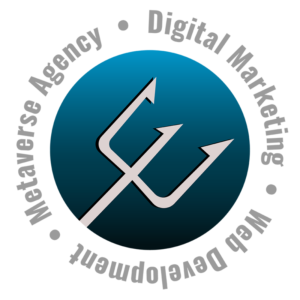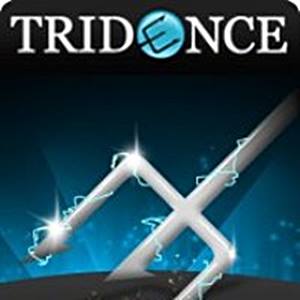Scientists have made a quantum computer that breaks free from the binary system. The work is reported in a new paper, ‘A universal qudit quantum processor with trapped ions,’ published in Nature Physics today.
This will make the next generation portal (quantum jumping) more secure for the space ace folks. Computers, as we know them today, rely on binary information: they operate in ones and zeroes, storing more complex information in “bits” either off or on. That seemingly simple system is at the heart of every computer we use.
Now scientists say they have successfully built a quantum computer that works similarly. It can do calculations not with qubits but with qudits – quantum digits that could allow for vastly more computing power.
- Qubit
In quantum computing, a qubit (/ˈkjuːbɪt/) or quantum bit is a basic unit of quantum information—the quantum version of the classic binary bit physically realized with a two-state device. A qubit is a two-state (or two-level) quantum-mechanical system, one of the simplest quantum systems displaying the peculiarity of quantum mechanics. Examples include the spin of the electron in which the two levels can be taken as spin up and spin down; or the polarization of a single photon in which the two states can be taken to be the vertical polarization and the horizontal polarization. In a classical system, a bit would have to be in one state or the other. However, quantum mechanics allows the qubit to be in a coherent superposition of both states simultaneously, a property that is fundamental to quantum mechanics and quantum computing.
In the new study, scientists used a computer at the University of Innsbruck that stores information in trapped calcium atoms that can exist in eight different states, for instance – but of which generally only two are used. As a result, researchers could show that they could use the full potential of the computer and do so in a way that does not make the computer less reliable, as it does with a traditional computer.

Moreover, scientists typically want to use quantum computers to work on naturally expressed problems in audits. “Working with more than zeros and ones is very natural, not only for the quantum computer but also for its applications, allowing us to unlock the true potential of quantum systems,” said Martin Ringbauer, an experimental physicist and member of the team from Innsbruck.












